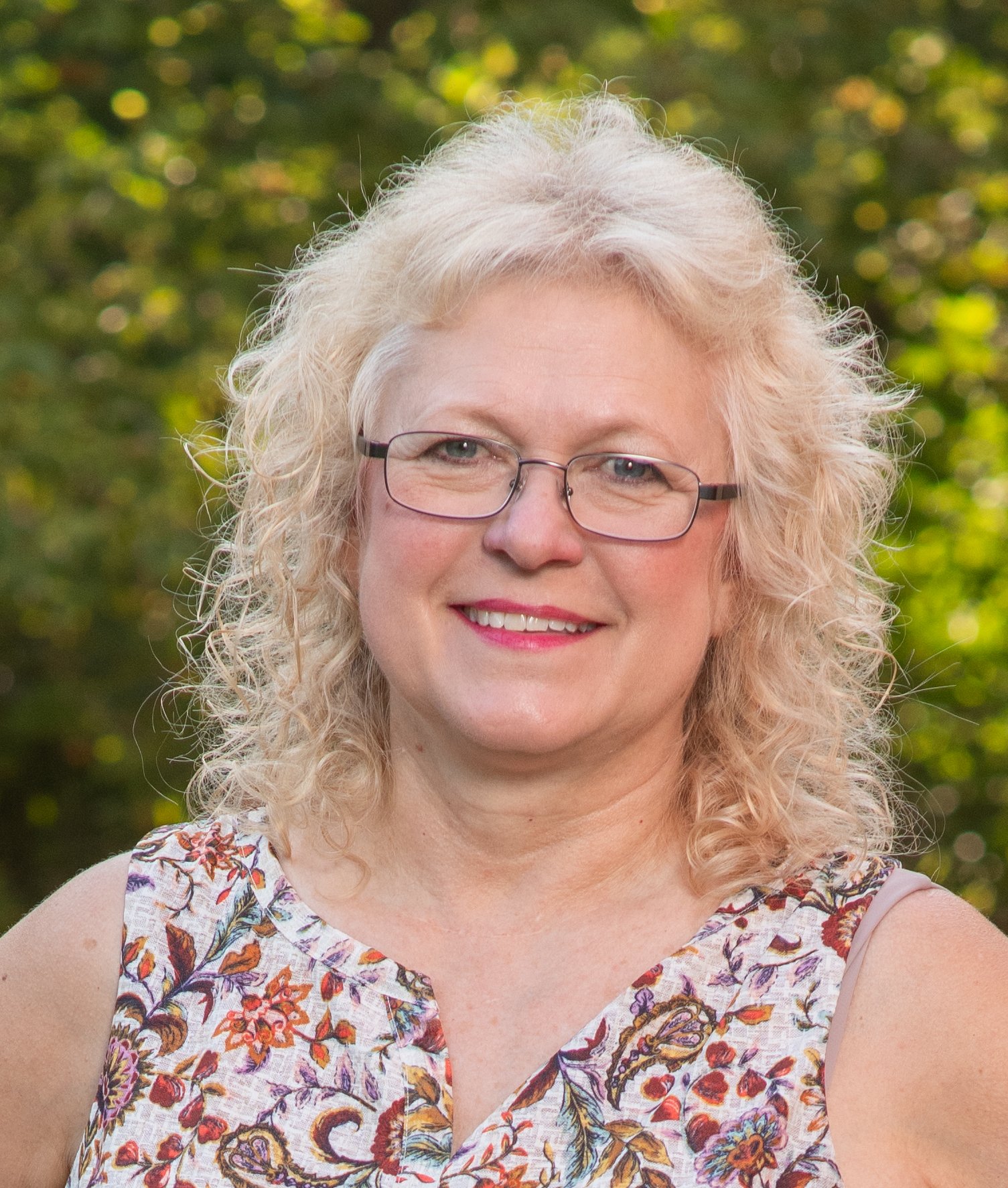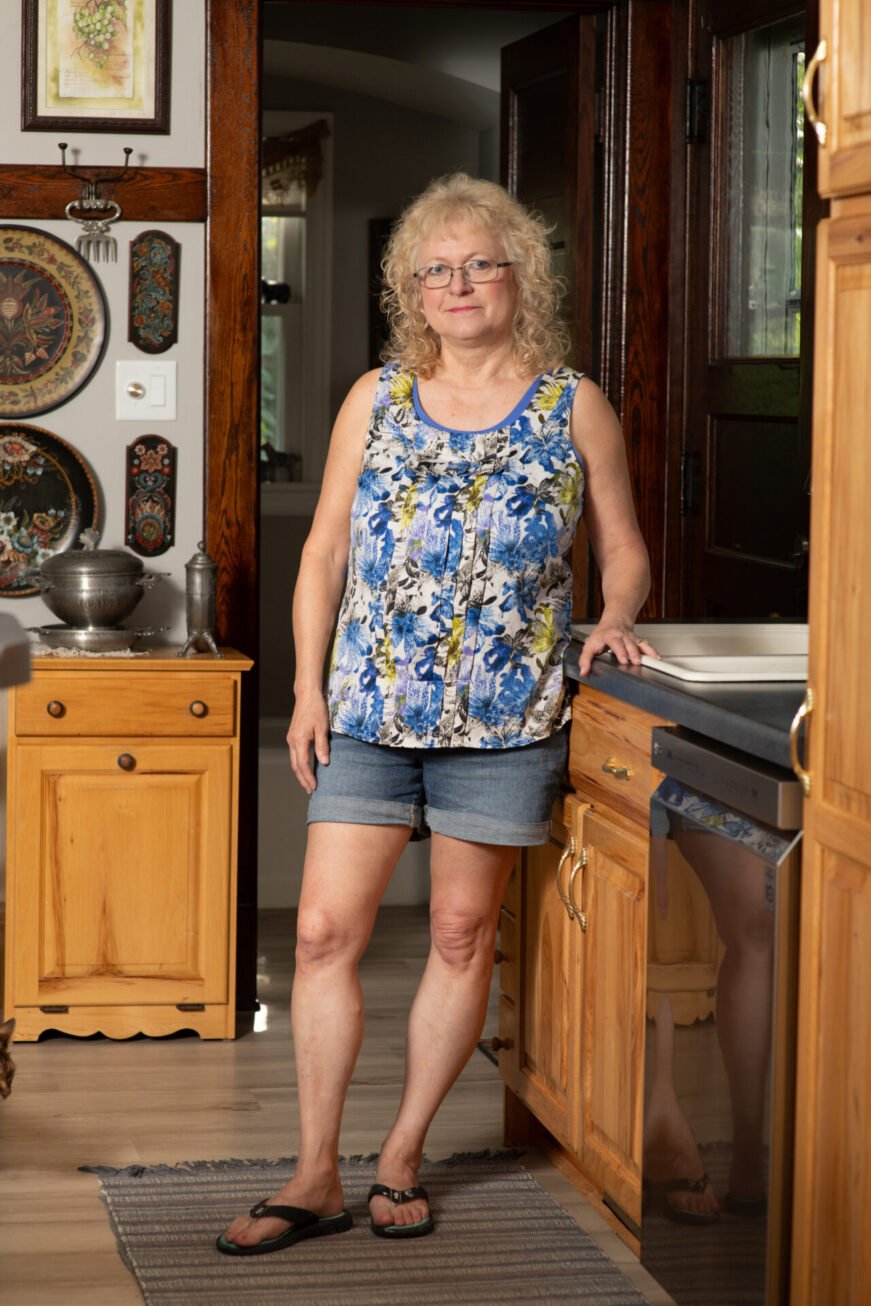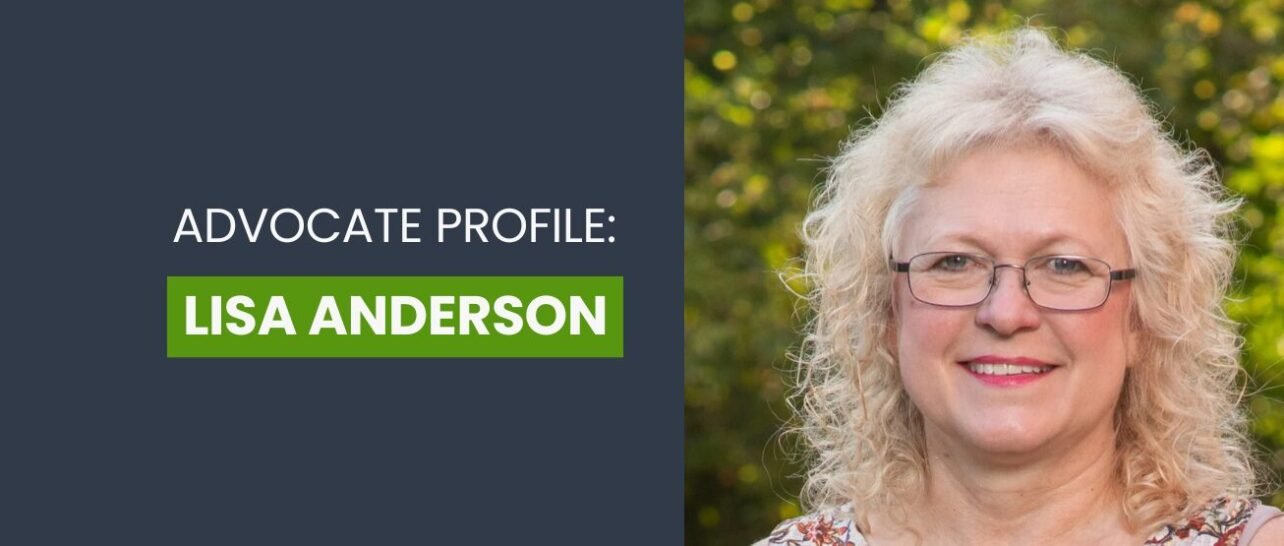Share
Applying Neighborly Values in Nelsonville, Wisconsin

By Lisa Anderson
I want you to think about what it means to you to be a good neighbor.
Our home in Nelsonville was built in 1909 by my husband’s great, great Aunt Anna and Uncle Theodore. It has always been in our family. Theodore owned the grocery store, had a Ford dealership in town, and then started the Bank of Nelsonville. When the bank collapsed during the Great Depression, they felt horrible about the financial losses of their neighbors and they spent their lives trying to repay those debts. Anna worked into the 1950s making rugs on an old loom until all was repaid. Like Theodore and Anna, we keep our promises and try to do right by our neighbors.
Nelsonville is an idyllic little village nestled along the Tomorrow River. With about 150 residents from many walks of life, we have the same dreams as many others: We dream of getting married and starting a family, owning a comfortable home. We are responsible with our money and assume our homes and our land will rise in value over our lifetime. We dream of growing old and enjoying our grandchildren. Unfortunately, for many of us, this dream is threatened.
Sitting above the village is a CAFO—a concentrated animal feeding operation. This farm is not what most of us think of with cows grazing on many acres of pasture; it’s a factory farm that confines about 2,300 dairy cattle that never see the light of day. This CAFO produces massive amounts of waste that is spread on nearby fields, which increases the risk of ground and surface water pollution. In 2018, we discovered we have widespread nitrate and pesticide contamination in private wells in the village. About one in four private wells in the county are contaminated with nitrate exceeding standards set by the Environmental Protection Agency (EPA). That’s a lot. In Nelsonville, about half of the private wells have nitrate levels that exceed these standards.
We are a community that takes care of each other, like Theodore and Anna. We offer a cloak of safety and warmth to each other because we share the values of neighborly love and support. We see this every day when someone needs help with house repairs, snow shoveling, or delivering a meal in times of need; and we take care of those who can’t drink their water and who feel powerless and overwhelmed by the problem. This is not extraordinary; it’s being a good neighbor.
Unfortunately, this has not been our experience with this CAFO. Instead, at every turn the factory farm owner has fought the Department of Natural Resources (DNR) on monitoring, pointed the finger and blamed others, and refused to take responsibility for the dangers his CAFO presents to neighbors.

The first clue that the CAFO owner wasn’t going to be a good neighbor was at a local meeting. My husband asked him if he would commit to not spreading manure on fields in the village during the fall, when pollutants can most easily seep into the community’s groundwater. This modest request would impact fewer than 200 acres out of a possible 4,700. However, the owner refused to change his waste management practices, despite the threat to local water quality.
In my world view, good neighbors don’t pollute your water. When you harm someone, you take responsibility for it, you apologize, you make it right. Everyone ought to feel safe in their home and community. Everyone ought to feel safe drinking the water coming from their taps. All we are asking is for this farm to be a good neighbor.
Imagine a world where the CAFO owner had taken responsibility for the pollution potential of his operation, agreed to water quality monitoring requirements, and committed to protecting neighbors immediately. “What can I do to fix this?” The CAFO owner would install effective field-side monitoring wells and would promise to protect local residents and support county efforts to safeguard water. He would change the way his facility operates to ensure everyone is safe. In short, he would be a good neighbor.
Today, being a good neighbor in Nelsonville takes bravery and perseverance. When DNR issued a wastewater permit for the CAFO that included water monitoring requirements, the CAFO owner objected and secured a settlement that eliminated those requirements. The settlement was reached without opportunity for public input, behind closed doors. In response, we joined a lawsuit challenging the validity of the settlement agreement reached with DNR. One could ask how suing the DNR is being neighborly. The CAFO’s actions made it impossible to be neighborly both to the owner and to the rest of our community in Nelsonville. We were forced to choose. Being a good neighbor to the community demanded saying “no” to the CAFO’s harmful practices.
Editor’s Note: As of December 2024, the lawsuit challenging the illegal settlement agreement between the CAFO and the Wisconsin DNR is still pending.
About SRAP
For more than 20 years, SRAP has served as a mobilizing force to help communities protect themselves from the damages caused by industrial livestock operations and to advocate for a food system built on regenerative practices, justice, democracy, and resilience. Learn more at sraproject.org

